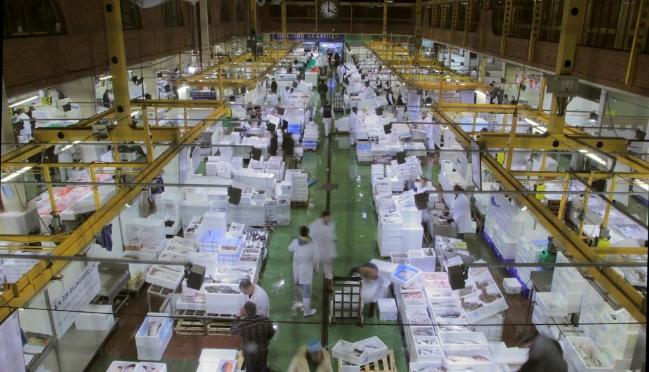Organized by
Institute for Comparative Media and Communication Studies, Austrian Academy of Sciences, Alpen-Adria University of Klagenfurt
Centre for Political Youth Culture and Communication, Department of Sociology, University of York
21-22 September 2017 - Austrian Academy of Sciences, Vienna
Public Lecture
W. Lance Bennett, Department of Political Science, University of Washington
21 September 2017, 18:00
21 September 2017, 18:00
ORF – The Austrian Broadcasting Corporation
Keynote Speakers
Michael X. Delli-Carpini, Annenberg School of Communication, University of Pennsylvania
Jörg Matthes, Department of Communication, University of Vienna
Barbara Pfetsch, Institute for Media and Communication Studies, Free University of Berlin
Call for Papers
The forms of communication through which politics is conducted by states and citizens have been, and will
continue to be, subject to a constant process of change, which is accelerated by technological innovations. With
the rapid rise of digital media, this development has reached a new level. For centuries, processes of political
communication used to be primarily linear, with messages transferred from politicians, governments and parties
to the media and from the media to the citizens at large. The question here is to what extent and with which
societal and political consequences digital media disrupt this linear form.
This question is fueled by growing political distrust, confusion, and conflict throughout the Western world,
which seem to shake the democratic system to its foundations. Even those who would not go as far as Colin
Crouch when he speaks of the dawning of a “post-democratic” age cannot deny that in many European
countries as well as in the United States there is growing criticism of the form of democracy that has emerged in
the majority of constitutions and of its leading institutions and methods of procedure. Among young people,
turnout at elections is below average for the population as a whole, and it continues to fall. Traditional loyalties
are getting weaker, and party membership is in steady decline. Trust in democratic organizations and regulatory
mechanisms is on the wane. While traditional center-left and center-right parties are losing ground and are thus
struggling for a clear profile, new nationalist movements on the one side, and anti-austerity protests on the
other, are emerging. Political polarization becomes a defining feature of society and politics.
The Viennese conference wants to shed light on these developments by exploring the changes to politics
triggered, or at least accelerated, by changing media structures and media habits on the one hand, and on the
other hand by discussing the challenges to democracy brought about by those changes, as well as the role media
might play in responding to these challenges. Thus, the symposium aims at discussing not only the causes and
Digital Media, Political Polarization and Challenges to Democracy: An International Symposium Vienna, 21-22 September 2017
developments that led to the current state of society, but also proposals for citizens, journalists, media
organizations, and politicians for how to manage the current move away from the established structures of
representative democracy - with their group-based identities and mainstream issues - towards a wider
repertoire of personalized political experience and individually motivated concerns in a digitally networked
society.
Submission and selection of papers. The call is open to all social sciences. The conference would like to bring
together researchers from different backgrounds, including theoretically, methodologically, and practically
oriented researchers. Submissions are for 20-minute presentations. The extended abstract may not be longer
than 8,000 characters (including spaces). Please add a title page to the abstract containing the name(s) and
address(es) of the author(s) and the title of the presentation. Please send your proposal to cmc@oeaw.ac.at no
later than 7 April 2017 (as a PDF). All submissions will undergo blind peer review and acceptance notifications
will be sent out on 28 April 2017.
Conference attendance. The conference is open both to presenters and non-presenters, but authors of
accepted abstracts are expected to attend the conference and present their work. The conference dinner is
scheduled for Friday evening. The participation fee (including welcome reception, lunches, coffee breaks and
conference dinner) is EUR 100 / GBP 90 / USD 110. Registration opens on 28 April 2017. Please register at
www.oeaw.ac.at/cmc/digital-media
Conference organizers
Maren Beaufort, Austrian Academy of Sciences
Brian D. Loader, University of York
Josef Seethaler, Austrian Academy of Sciences
Admin:
Ingrid Serini, cmc@oeaw.ac.at
See for more information: http://www.oeaw.ac.at/cmc/digital-media



